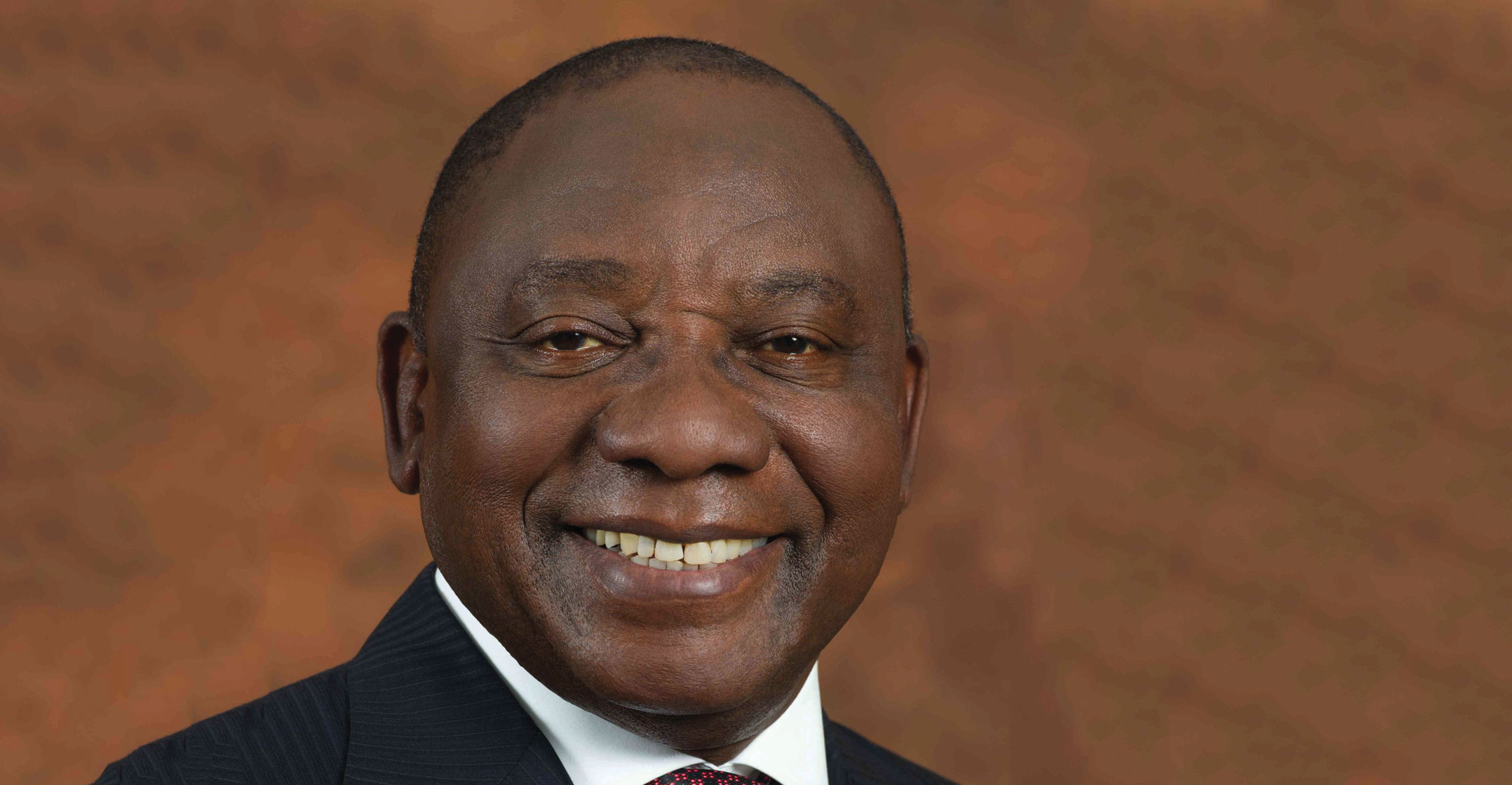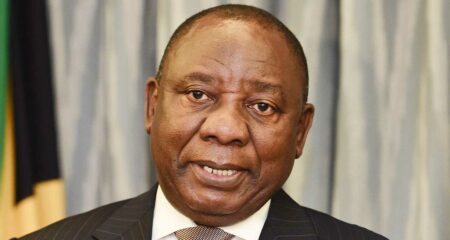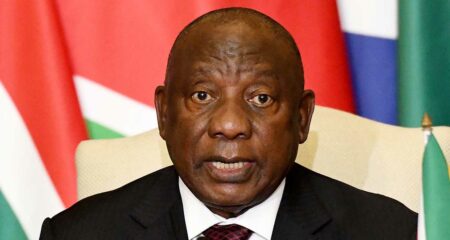
South Africans will have to endure at least another two weeks of the national Covid-19 lockdown. President Cyril Ramaphosa announced on Thursday evening that the lockdown will be extended until the end of April.
In a televised address, Ramaphosa said there is “sufficient evidence to show the lockdown is indeed working”.
“Since the lockdown came into effect, the rate at which new cases has been identified in South Africa has slowed down significantly,” the president said.
He said in the two weeks before the lockdown, the average daily increase increase in coronavirus cases was 42%. Since the start of the lockdown, the average daily increase had been about 4%, showing the lockdown was proving effective.
Testing for coronavirus will be massively expanded, he said.
“The struggle against the coronavirus is far from over. We are only at the beginning of a monumental struggle… We cannot relax and we cannot be complacent… If we end the lockdown too soon or too abruptly, we risk a massive and uncontrollable resurgence of the disease…”
Most existing lockdown measures will remain in force for the duration.
MPs will take a 33% cut to their salaries, with the money going to a Solidarity Fund. He called on companies and other organisations to make a “similar gesture”. Premiers will also take a one-third pay cut and donate this money to the fund.
The president said government will consider a “phased recovery of the economy, allowing the return of certain sectors under strictly controlled conditions”.
“We did not take the decision to extend this lockdown lightly,” he said.
Rand weakens
The rand erased some of its gains after the announcement of the two-week extension. It traded 0.6% stronger at R18.09/US$ by 8.41pm, having gained as much as 1.9% earlier in the day.
The government initially imposed a 21-day lockdown on 27 March. It’s being enforced by the police and military and only allows people to leave their homes to buy food and seek medical care — unless they provide essential services.
South Africa has confirmed 1 934 Covid-19 infections — the most in Africa. The first one was detected on 5 March. There were 89 new infections reported on Thursday, with cases confirmed in all nine provinces. — (c) 2020 NewsCentral Media,, with additional report by Mike Cohen and Antony Squazzin, (c) 2020 Bloomberg LP




